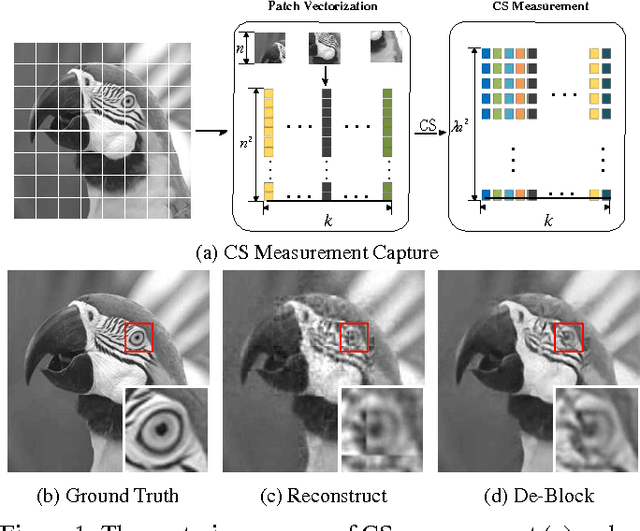Guangtao Nie
Generative Retrieval with Preference Optimization for E-commerce Search
Jul 29, 2024Abstract:Generative retrieval introduces a groundbreaking paradigm to document retrieval by directly generating the identifier of a pertinent document in response to a specific query. This paradigm has demonstrated considerable benefits and potential, particularly in representation and generalization capabilities, within the context of large language models. However, it faces significant challenges in E-commerce search scenarios, including the complexity of generating detailed item titles from brief queries, the presence of noise in item titles with weak language order, issues with long-tail queries, and the interpretability of results. To address these challenges, we have developed an innovative framework for E-commerce search, called generative retrieval with preference optimization. This framework is designed to effectively learn and align an autoregressive model with target data, subsequently generating the final item through constraint-based beam search. By employing multi-span identifiers to represent raw item titles and transforming the task of generating titles from queries into the task of generating multi-span identifiers from queries, we aim to simplify the generation process. The framework further aligns with human preferences using click data and employs a constrained search method to identify key spans for retrieving the final item, thereby enhancing result interpretability. Our extensive experiments show that this framework achieves competitive performance on a real-world dataset, and online A/B tests demonstrate the superiority and effectiveness in improving conversion gains.
A Review of Affective Generation Models
Feb 22, 2022Abstract:Affective computing is an emerging interdisciplinary field where computational systems are developed to analyze, recognize, and influence the affective states of a human. It can generally be divided into two subproblems: affective recognition and affective generation. Affective recognition has been extensively reviewed multiple times in the past decade. Affective generation, however, lacks a critical review. Therefore, we propose to provide a comprehensive review of affective generation models, as models are most commonly leveraged to affect others' emotional states. Affective computing has gained momentum in various fields and applications, thanks to the leap of machine learning, especially deep learning since 2015. With critical models introduced, this work is believed to benefit future research on affective generation. We conclude this work with a brief discussion on existing challenges.
Image Restoration from Patch-based Compressed Sensing Measurement
Jun 02, 2017



Abstract:A series of methods have been proposed to reconstruct an image from compressively sensed random measurement, but most of them have high time complexity and are inappropriate for patch-based compressed sensing capture, because of their serious blocky artifacts in the restoration results. In this paper, we present a non-iterative image reconstruction method from patch-based compressively sensed random measurement. Our method features two cascaded networks based on residual convolution neural network to learn the end-to-end full image restoration, which is capable of reconstructing image patches and removing the blocky effect with low time cost. Experimental results on synthetic and real data show that our method outperforms state-of-the-art compressive sensing (CS) reconstruction methods with patch-based CS measurement. To demonstrate the effectiveness of our method in more general setting, we apply the de-block process in our method to JPEG compression artifacts removal and achieve outstanding performance as well.
 Add to Chrome
Add to Chrome Add to Firefox
Add to Firefox Add to Edge
Add to Edge